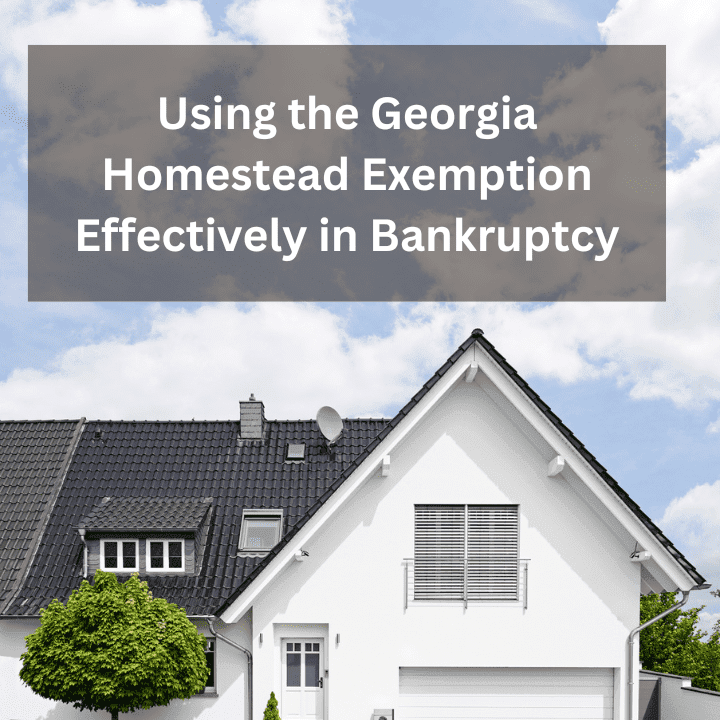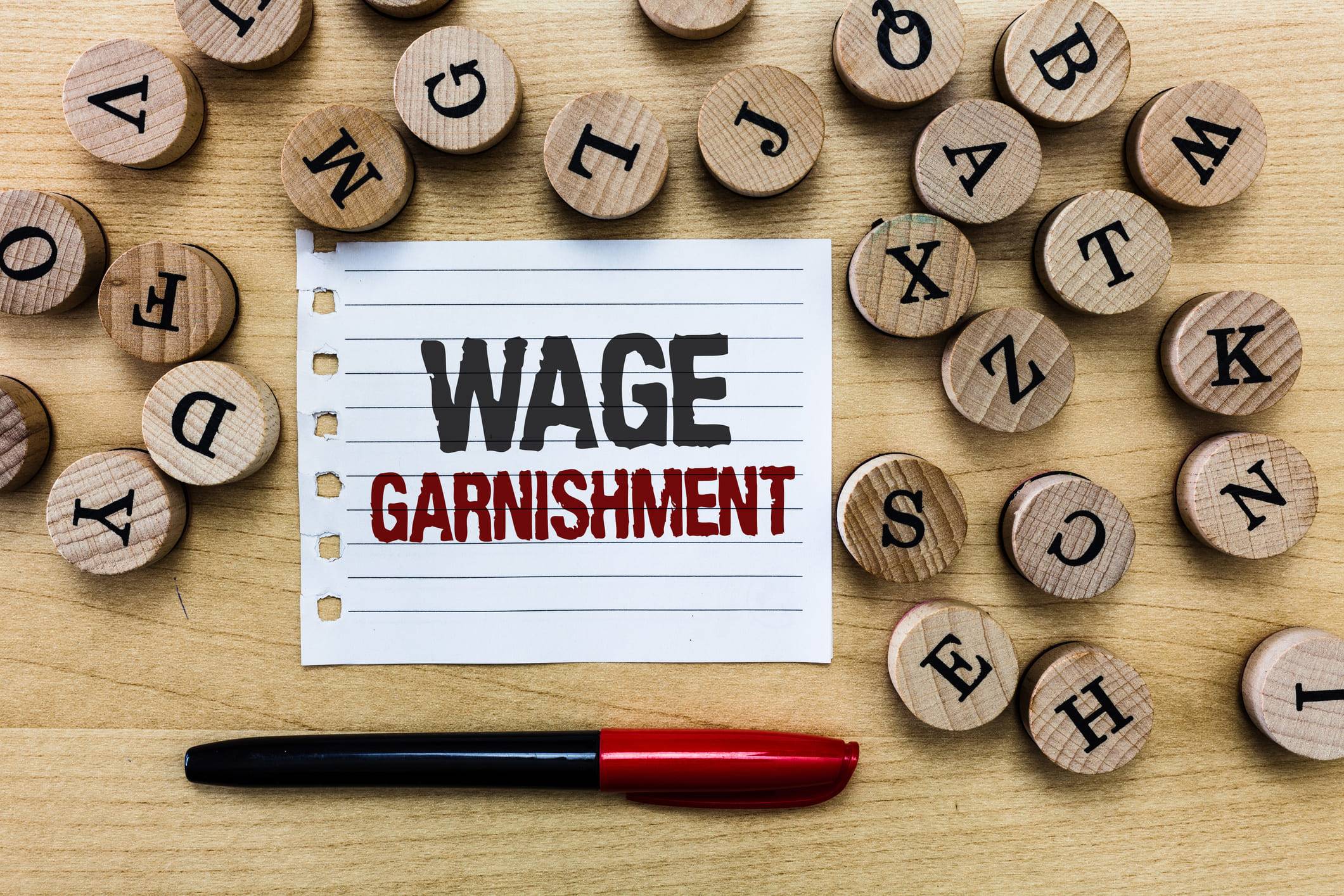By Jeff Field | Published December 12, 2023 | Posted in Bankruptcy | Tagged Tags: debtor, employment status, FCRA | Leave a comment

Can Filing for Bankruptcy Hurt Your Employment Status?
Deciding to file for bankruptcy is a significant event that you may fear will affect your life in multiple ways. Among your likely concerns is the potential impact of bankruptcy on your present employment status and future job prospects. However, there is less reason to worry than you might think. Generally, a personal bankruptcy should Read More
Read More
Using the Georgia Homestead Exemption Effectively in Bankruptcy
Bankruptcy provides a fresh financial start for people faced with insurmountable debt. Although the bankruptcy trustee has authority to seize and sell the debtor’s assets to pay off creditors, there are federal and state laws that allow debtors to keep certain property or its equivalent value. These are called exemptions, and one of the most Read More
Read More
Using the Automatic Stay in Bankruptcy to Block Wage Garnishments
If you fall behind in paying debts, you may be subject to a wage garnishment. A creditor might obtain a court order requiring your employer to impound a portion of your wages or salary each pay period and to send it to the creditor. Garnishments can be devastating as they can leave you with insufficient Read More
Read More
How Does an Increase in Income Affect Your Chapter 13 Plan?
Filing for Chapter 13 means committing to a debt repayment plan that typically runs for three or five years. The amount you pay each month is determined at the time the court approves the plan, based on a calculation of the disposable income you have left after paying for food, housing, utilities and other costs Read More
Read More
How the Automatic Stay in Bankruptcy Protects Your Wages and Bank Accounts
When your wages, bank accounts and other funds you use for essential expenses are seized to pay overdue debt, the results can be devastating. For example, a wage or bank garnishment may leave you without enough money for your car payment. If the car is then repossessed and you are without transportation, you risk losing Read More
Read More
What a Bankruptcy Attorney Can Do That You Probably Can’t
Individuals filing for bankruptcy have the right to represent themselves. Some people are tempted to do so, reasoning that bankruptcy consists of simply filling out forms. However, in most cases, going into bankruptcy without an attorney is a risky course of action. According to recent statistics, people who file Chapter 7 bankruptcy petitions through legal Read More
Read MorePlease fill out the form below and one of our attorneys will contact you.





